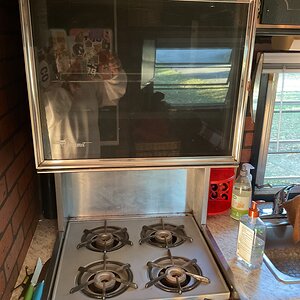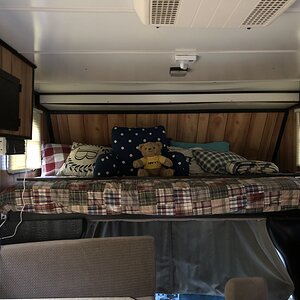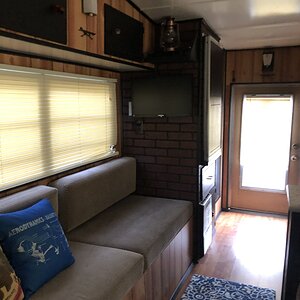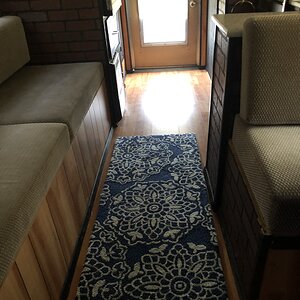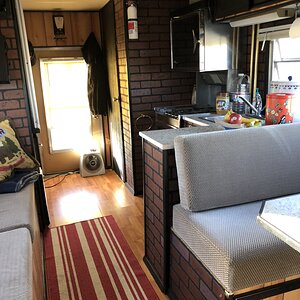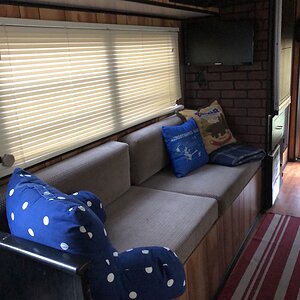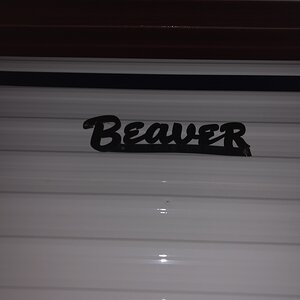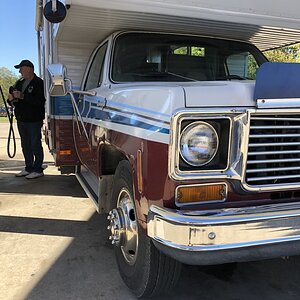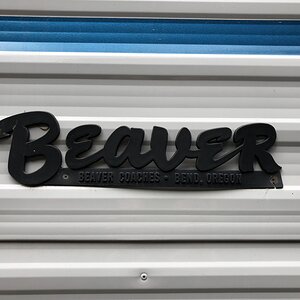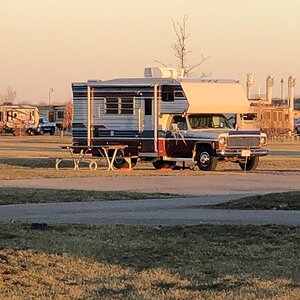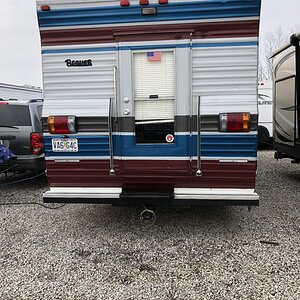MicaPica
RVF Regular
- Joined
- Aug 7, 2020
- Messages
- 19
- Location
- TX
- RV Year
- 2021
- RV Make
- Oliver
- RV Model
- Legacy Elite 1
- RV Length
- 18.5
- TOW/TOAD
- 5000
Hi, very new to all this and researching as best I can. I need to narrow the field to travel-trailers that are not too heavy (tow vehicle is a 2002 Escalade, rated "7400-8400 lbs" but I don't think I should, or want to, push that limit) but mainly as "all-weather"-ready as possible. I will be making trips to RV dealers and looking and asking questions, lots of questions, yes. Thought I would throw it out here too. I found something called an "Ollie" that is billed as a great all-weather travel-trailer. Looks to be top notch but sort of hard to find. Again, JUST STARTING to research all things RV, so excuse my ignorance. Seeing repeated comments all over that Airstreams are NOT good for cold weather (say, the Dakotas, snowy mountains in CO, etc.), but some people make do. I could be a make-do person, I suppose, and I am not ruling out ANY make or model. Main thing is, being so new at this, I would want something I can handle (not too long, and only need for me and dog), something good for "all weather" but especially colder, and then price, I am open to new or gently used and under $45K would be good. I see Forest River travel trailers that get great reviews.
And then I see this woman in CO and Canada with her Bootcamp Airstream, loving it.
I'm confused and more confused. hahah thanks for any input from personal experience!
And then I see this woman in CO and Canada with her Bootcamp Airstream, loving it.
I'm confused and more confused. hahah thanks for any input from personal experience!

